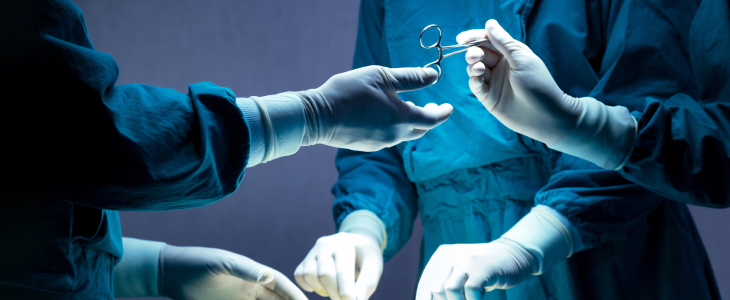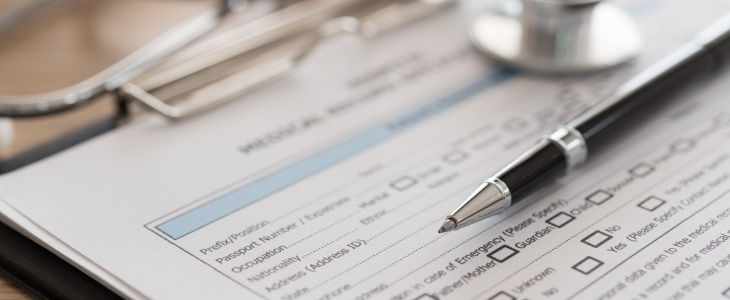Prescription medications are meant to help people heal, but when errors occur, they can lead to serious and even life-threatening consequences. Each year, millions of Americans are harmed because a medication was prescribed, filled, or administered incorrectly.
In many of these cases, the mistake could have been prevented. These...









